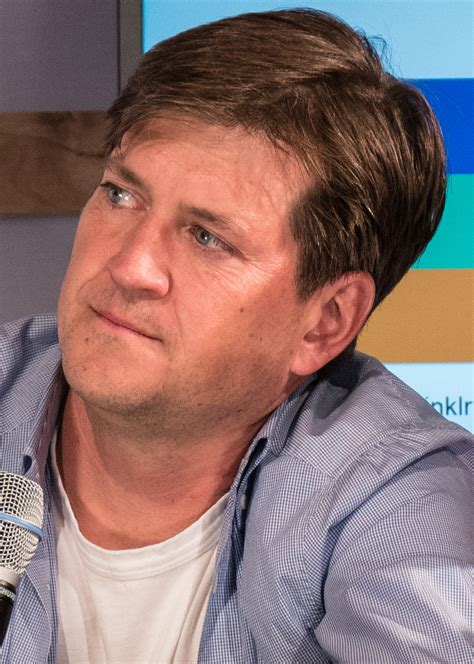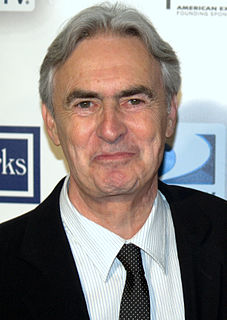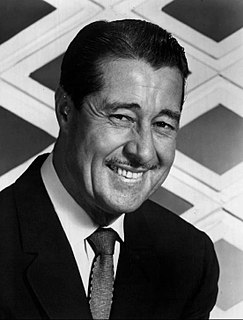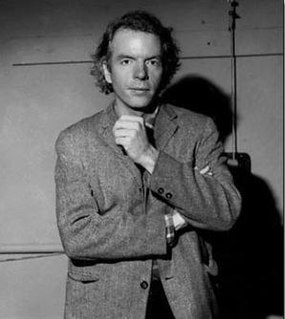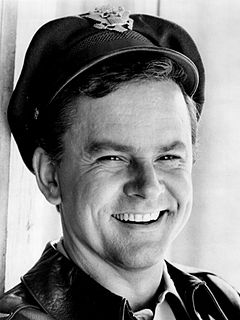A Quote by Bill Lawrence
My friends back from the East Coast jokingly call me 'Hollywood,' and they assume I'm out at Hollywood parties, but I'm a domesticated guy with 3 kids.
Related Quotes
I am fairly embraced by the Hollywood community, and I love making movies and I love acting, but I'm not real crazy about the Hollywood system. So the fact that they embrace me is a shock to me because I tell them to kiss my ass all the time. I don't understand why they haven't thrown me out on my ear. The other thing is I don't participate much. I have very few friends within the movie community. I hang out with some guys I've known forever. They're all broke and eat me out of house and home. But I stay home mostly and I don't go to the parties. Maybe that preserves me.
Fashion gave me the platform that has made this transition from fashion to Hollywood, from East Coast to West Coast. Fashion gave me the platform that has made this easier than it is for a lot of other people. And I will always count fashion as the industry that was first to welcome me and embrace what I could do.
